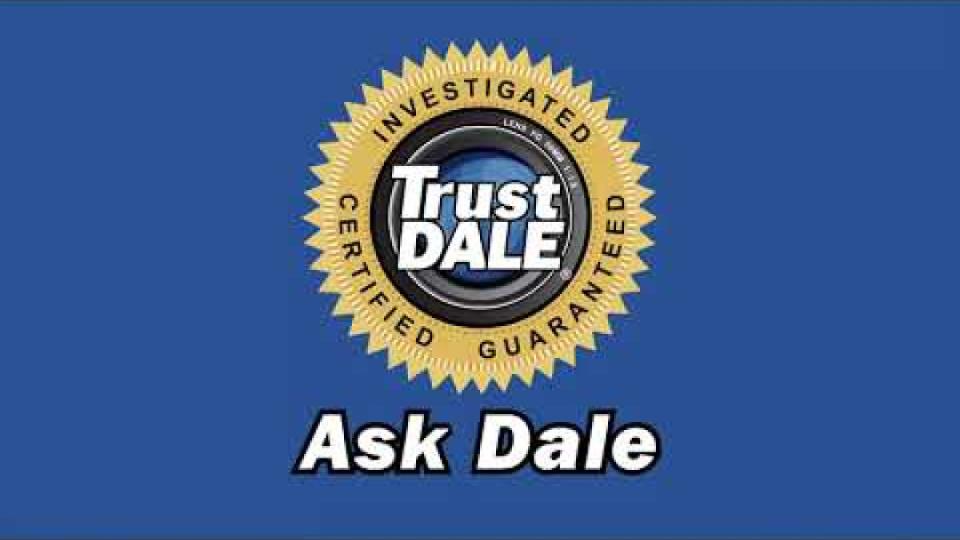Ask Dale: Is Budget Billing Worth It?
This blog post is part of our "Ask Dale" series, where we address real questions from consumers just like you. Today’s question comes from Marnie, who’s wondering about the legitimacy of budget billing programs offered by power companies.
Budget billing programs are increasingly popular, especially as energy costs fluctuate throughout the year. If you’ve ever opened your power bill and been greeted with an offer to enroll in one of these programs, you may have wondered whether it's a legitimate way to save money or just another marketing gimmick. In today’s blog, we’ll explore the ins and outs of budget billing, including its benefits, potential pitfalls, and whether it might be the right choice for you.
What is Budget Billing?
Budget billing, also known as flat billing, is a payment plan offered by many power companies to help customers manage their monthly expenses. The concept is simple: instead of paying different amounts each month based on your actual energy usage, the power company calculates your average usage over the past year and charges you a consistent monthly amount. This can be particularly helpful in managing household budgets, as it eliminates the surprise of higher bills during peak energy usage months, such as summer and winter.
Marnie's Dilemma: Too Good to Be True?
Marnie, a consumer who reached out with a question, noted that her monthly power bill was $216. However, the budget billing program offered by her power company suggested she could pay just $113 per month if she enrolled. That’s a potential savings of over $100 each month! Understandably, she wondered if this program was too good to be true.
The short answer? It’s not. Budget billing is indeed a legitimate offer. However, it's important to recognize that it's not necessarily a money-saving deal; rather, it's a way to spread out your costs evenly over the year. This can be particularly appealing if you prefer predictable expenses, but it doesn’t mean you’re paying less overall.
The Catch: Settlement Amounts and Overages
While budget billing can be convenient, it’s essential to understand the potential drawbacks. One of the main concerns is the possibility of owing a settlement amount if you decide to leave the program early. Here’s how it works: if the amount of electricity you actually use exceeds the amount you've been billed for under the budget plan, you’ll have to pay the difference.
For example, if your energy usage spikes during a particularly hot summer or a cold winter, your flat monthly payment might not cover the actual cost of the energy you’re consuming. If you decide to exit the budget billing program at this point, the power company will calculate the difference, and you could end up with a hefty bill.
A Smarter Approach: DIY Budget Billing
If you’re someone who prefers to stay in control of your finances, you might consider an alternative approach. By calculating your monthly average usage at the beginning of the year, you can set aside extra funds for those months when your energy usage is likely to increase. This way, you’re essentially creating your own budget billing plan without the potential downsides of being locked into a contract with your power company.
Conclusion: Is Budget Billing Right for You?
Budget billing can be a helpful tool for those who value predictability in their monthly expenses. It can make it easier to manage your budget by eliminating the peaks and valleys of fluctuating energy bills. However, it’s not without its risks, particularly if you end up using more energy than expected.
Before enrolling in a budget billing program, consider your own energy usage patterns and whether you’re comfortable with the potential for a settlement amount if you leave the program early. Alternatively, you could create your own budget plan by setting aside funds for high-usage months, giving you the best of both worlds: predictable budgeting without the risks.
In the end, whether budget billing is worth it depends on your personal financial situation and how much value you place on consistent monthly payments. Thanks for your question, Marnie, and remember—if you have a consumer question, don’t hesitate to ask Dale!

